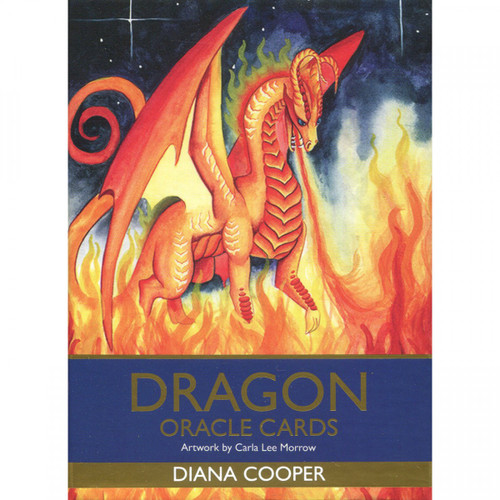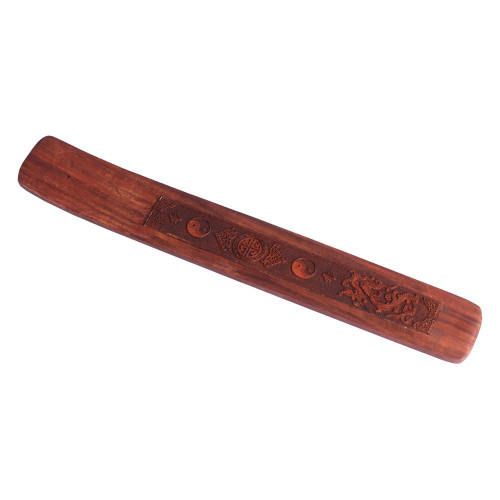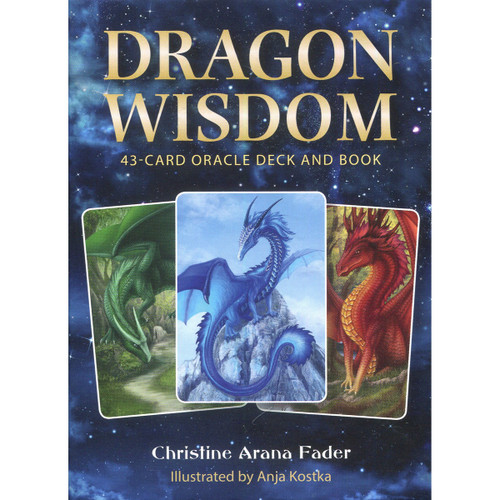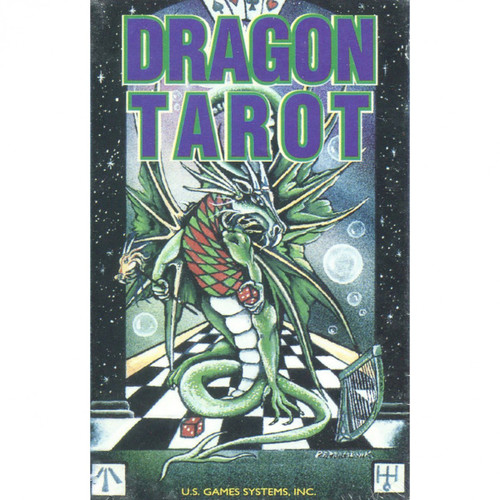Dragon Meaning & Holistic Spiritual Dragon Products
Western dragons are seen as being distinctly different from their Eastern counterparts. Legends originating in European countries portray dragons as giant winged fire-breathing creatures that are usually feared by humans.
Many stories tell of men who battle against all obstacles to fight the scary dragons, get past them and gain access to the riches and wealth hidden in dragon dens. The epic hero, Beowulf, is just one example of someone who attempted to fight a treasure-guarding dragon - although in his case he failed and was killed.
The defining characteristic of a Western dragon symbol is that it represents power. Having an image of a Western dragon can help in expressing feelings of self-esteem.
Tales about Eastern dragons originate from countries such as China, Japan and Vietnam. Unlike people in Western countries, they saw dragons as friendly, peace-loving creatures that signify good luck. They still maintained the same level of power as Western dragons, but in a more positive way and certainly not as scary as the fire-breathing monsters depicted in Europe.
Most Eastern dragons are shown as having no wings, although they still manage to magically fly, and instead of roaring fiercely they were said to "make the sounds of bells and beating gongs." The Chinese in particular regard dragons as very noble creatures and the dragon concept is embedded in their culture, for example in dragon boat racing and in the Chinese calendar.
In Feng Shui, the symbol signifies power, wisdom, strength and is a powerful good luck symbol. In Feng Shui Dragons are seen to carry male or yang energy. Often they may be placed in the East where it symbolises new beginnings, creativity and growth. In jewellery or other decoration it is a powerful good luck symbol.



















